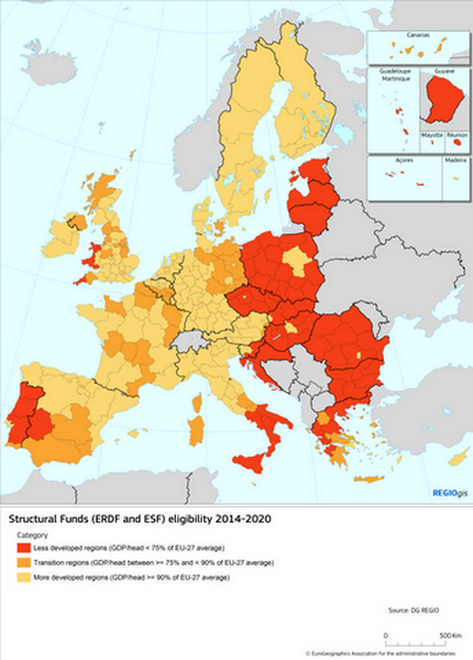OpenEconomics acquires t33 and creates a European player
FEB 2026

Publishing 25 March 2020
We are witnessing the daily heroism of our fellow citizens working in hospitals to manage a very serious and dangerous situation, but also those in supermarkets who guarantee us some continuity with our pre-Coronavirus life.
Everyone is called to do their duty. At t33, we asked ourselves how and where we can help. We thought that, being lucky enough not to be in the front line of this emergency, it is our obligation to think about the "after" and the "reconstruction" we will have to deal with when this pandemic is over. We started reflecting on what we can suggest to the European institutions to maximize the use of resources. We agreed that it is crucial that cities and regions are able to start re-investing EU resources quickly for a sustainable economic recovery.
 Timing is a crucial element in order to minimise the economic crisis which, realistically, will be even more severe in the already weak areas of the Union. If time is crucial, it is also important to think outside the box. One of these boxes is the programming cycle of cohesion policy.
Timing is a crucial element in order to minimise the economic crisis which, realistically, will be even more severe in the already weak areas of the Union. If time is crucial, it is also important to think outside the box. One of these boxes is the programming cycle of cohesion policy.
What we are proposing is a daringly innovative idea that will perhaps seem obvious in retrospect: we should consider the emergency and break the taboo of the seven years of programming, providing for an extension of the current programming period.
The advantages would be obvious: immediate availability of resources, possibility for administrations to concentrate their energies on implementation using the already available tools (ITI, CLLD, financial instruments, call for tenders for companies), guarantee of existing processes (systems for monitoring, controls and auditing) within the framework of a consolidated governance.
Check out the entire proposal as formulated by the t33 experts.
FEB 2026
DEC 2025
NOV 2025
OCT 2025
JUN 2025
MAY 2025